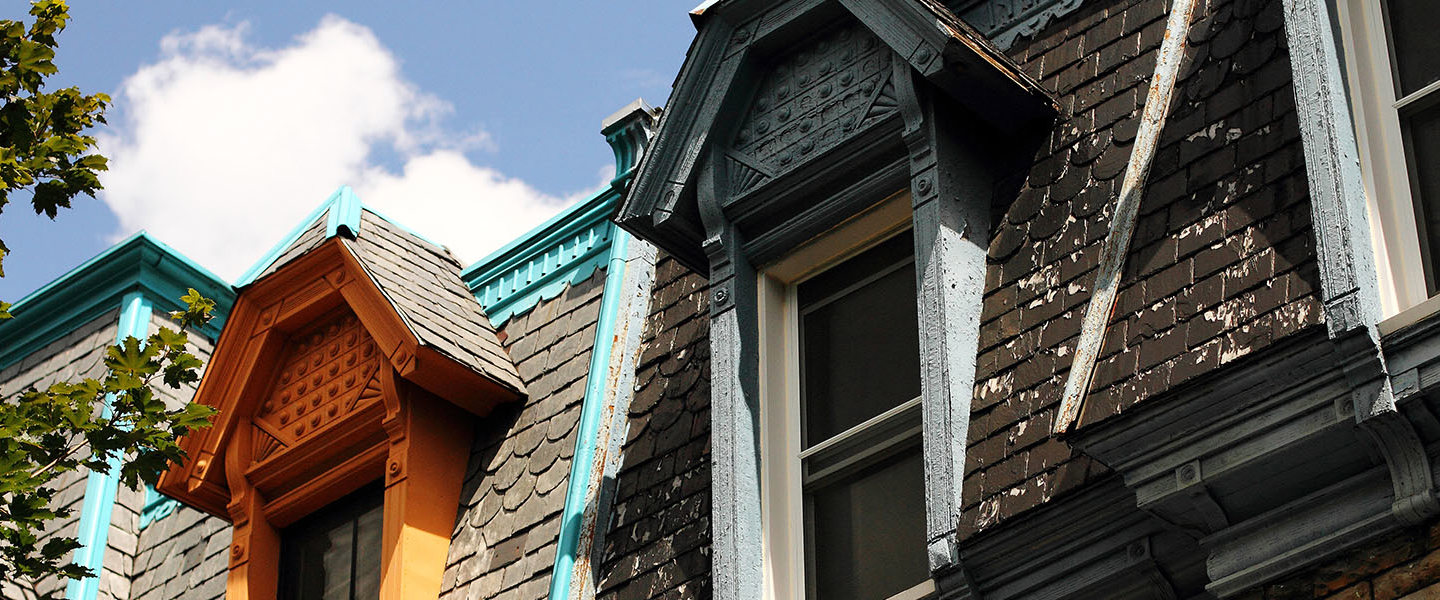
Tips for insuring an old house


Do you own or plan to purchase a house that was built before 1940? Here is some advice on home insurance for this type of property, known as an “old house” or, more officially, as a “heritage immovable.”
Does your home have legal status?
The different statuses attributed to immovables are used to list and protect buildings with heritage value.
To shop for or renew your home insurance, make sure to have all the necessary information on hand about your old home. The government and your municipality may have given it a status and can provide this information.
Note that not all old houses have status and must meet government requirements.
How to know?
First, refer to the Répertoire du patrimoine culturel and your municipality* to:
- Know if your property has legal status or is inventoried.
- Know whether it has any protection and conservation requirements.
- Obtain a copy of necessary documents, such as a recognition by-law or the ministry’s notice of classification, if applicable.
For an explanation of the different statuses listed, check the Insurance Bureau of Canada’s information page and tools regarding heritage buildings.
*The Répertoire not be up to date or a municipality may not have sent the information to the MCCQ yet.
Example with an “inventoried” immovable
Your house was built before 1940, and you notice that it appears in the Répertoire with the mention “inventoried immovable” status:
- An “inventoried” immovable is the most common attribution given to a building with heritage value in Québec.
- There is no requirement related to an “inventoried” immovable, neither for the interior nor for the exterior of the building.
- The house is only inventoried with the MCCQ under the Cultural Heritage Act.
Your old house doesn’t have status?
If you find that your house doesn’t have status after making the appropriate verifications, inform your insurer. The insurer should be able to handle your file like any contemporary house. Among other things, they may consider the age of the building and the maintenance carried out over the years.
When shopping for home insurance
Share all relevant information obtained from the Répertoire and your municipality with the insurer.
As the homeowner, you should also have a copy, for example, of the “recognition by-law” (municipality) or the “notice of classification” (MCCQ) that contain all the requirements related to the immovable status, if applicable.
The more precise information you give to the insurer, the easier it will be for them to assess whether they can insure your old house.
Need help?
The Insurance Information Centre can support you for free in your search to have access to home insurance for your old house. Our information agents can support you for free in your search to have access to home insurance for your old house, whether you are a homeowner or a future buyer.
Other topic that may interest you:
home insurance


















